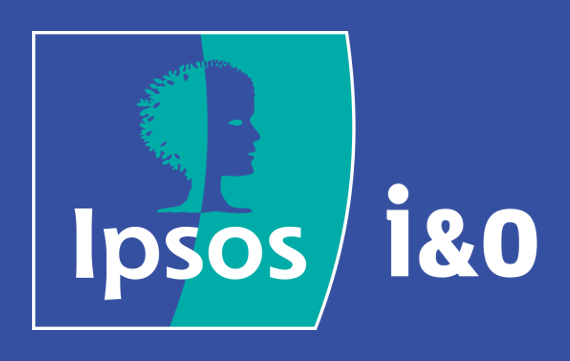Ipsos Update – March 2019
While many fear the effects of future overpopulation – the UN predicts the planet will be home to 11 billion people by 2100 – the new book “Empty Planet” argues that, instead, we are heading for a global population decline. This would bring with it several benefits for the job market, the earth’s resources and women’s empowerment, but also huge socio-political upheaval.
On demographic change, “Perennials”, a new report on ageing, tells us that by 2050 there will be over 2 billion people aged over 60. Our Global Advisor survey in 30 countries exposes differences in perceptions about old age – which starts at 74 if you are in Spain, or at 55 in Saudi Arabia. Only one third of people globally are looking forward to old age and those in East-Asian countries are most likely to think ageing populations are a ‘major’ problem.
How we live and work are being transformed by new technologies, but how do the public feel about this? Our latest report with the World Economic Forum finds broadly positive attitudes towards automation globally. But there are some marked differences, with approval as low as 22% in European countries such as Germany and France.
In Asia, female participation in the workforce now often exceeds 50%, reaching 60-80% in many APAC economies. This is one of the factors driving change in mothering. Our “Mothering Excellence” study in 11 countries finds that, for mothers today, life doesn’t stop at kids; they are parting with traditions and there is a neutralising of gender-roles between parents.
Moving to Japan, two papers on What Worries Japan and Vacations in Japan address the cultural context of the country, such as the prevalence of worry about poverty and social inequality (36%), and the apparent lack of Japanese who use their full holiday allowance which – with take-up of around one third – is the lowest of all countries surveyed.
Innovating in the food and beverage industry means moving in line with the current macro-trends influencing consumers, such as ‘detoxing from digital’, ‘healthification’ and ‘the experience economy’. These and more can provide brands with guidance and inspiration for “Keeping it Fresh”, our new review of key trends in the sector.
Meanwhile, a new white paper shows how brands can master the art of bold and creative advertising with examples of brand-building campaigns from Carling, Carrefour and Libresse. It argues that that early communication research is the key to unleashing that creative spark.
Another white paper also advocates a certain type of innovative research: surveys that measure behaviour. It argues that we shouldn’t write off surveys just yet, and if smartly designed they remain a practical, helpful and predictive solution to many research questions.


![[Webinar] KEYS: What can we learn from what happened in 2025?](/sites/default/files/styles/list_item_image/public/ct/event/2025-12/keys-webinar-what-happened-in-2025-carousel.webp?itok=1gJKCCxx)
![[Webinar] KEYS: THE MIDDLE CLASS: In Crisis?](/sites/default/files/styles/list_item_image/public/ct/event/2025-10/middle-class-family-dinner-food-carousel.webp?itok=iD1QyX8n)